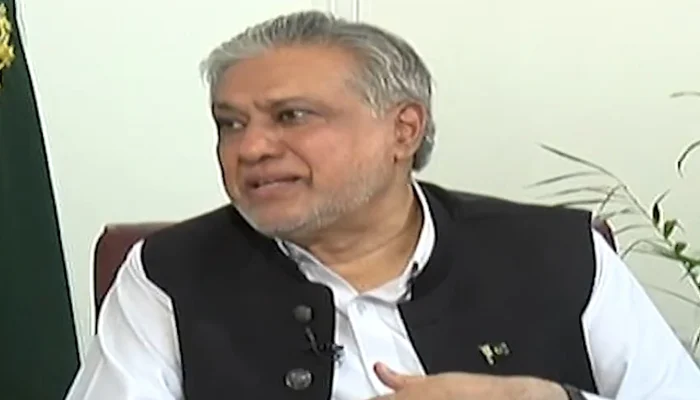1. President Alvi and Chief Justice
The Chief Justice of Pakistan’s (CJP) recent remarks about President Dr. Arif Alvi’s role have sparked discussion and conjecture nationwide. Demands for the president’s resignation have risen in response to these comments, which indirectly questioned Alvi’s performance and duties. Politicians and observers alike are thinking about the possible ramifications of Alvi resigning after the CJP’s remarks sparked conversations about accountability in Pakistan’s top offices. Alvi President to resign following remarks made by the CJP
According to some, the CJP’s findings challenge the existing administration and promote integrity and openness at the highest levels of government. The remarks, which many opposition leaders have taken as support for their complaints, have fueled a broader movement calling for reforms in Pakistan’s executive branch. According to media polls and social media conversations, public opinion is divided: some see the CJP’s remarks as an essential call for accountability, while others are worried about the political unrest that could ensue from a departure.
The complicated connection between the executive and judicial branches of Pakistan is highlighted by the ongoing discussion around Alvi’s job. The checks and balances that guarantee Pakistani government quality are crucially called into doubt by this circumstance.
2.Resignation of President
The resignation of President Arif Alvi may present a special challenge for Pakistani governance. Although primarily ceremonial, the president is essential to maintaining institutional and constitutional continuity. His retirement could affect the balance of power and the relationship between the federal and provincial governments, particularly in areas where judicial and executive acts overlap.
1. Relations between Executives and Legislators
In his capacity as president, Alvi has presided over important pieces of legislation and has the authority to affect, postpone, or draw attention to them. Legislative procedures e delayed as a result of his resignation, particularly if a new president takes some time to adjust or has different goals than the administration.
2. Governance Continuity
During periods of political upheaval, the president frequently acts as a stabilizing force, ensuring continuity. A period of uncertainty could result from Alvi’s resignation, particularly if his successor is not appointed right away. A lack of leadership at the top might influence choices and give the impression that things are unstable.
3. Public Perception and Political Dynamics
If Alvi’s resignation is interpreted reaction to political pressures or disputes within Pakistan’s power structures, it might widen the political rift. The public’s impression of instability may have an effect on national morale and investor confidence, which could affect domestic and global political dynamics.
4. Effect on International Relations
The president’s duties also include representing Pakistan abroad and entertaining leaders from other countries. Due to Alvi’s resignation, these duties could need to be redistributed, which short-term impact on Pakistan’s diplomatic efforts and foreign policy continuity.
5. The Judiciary’s Function
Important judicial officials appointed by the president. The functioning of the judiciary and its decisions on important national issues impacted by Alvi’s resignation, which might postpone pending judge nominations.
6. Selecting the Acting President
The Senate chairman acts as interim president in the event that the president office becomes empty, per the Pakistani Constitution. The executive’s attitude may change in unexpected ways as a result of this interim arrangement, particularly if the Senate chairman’s political affiliation or opinions diverge from those of the preceding president.




